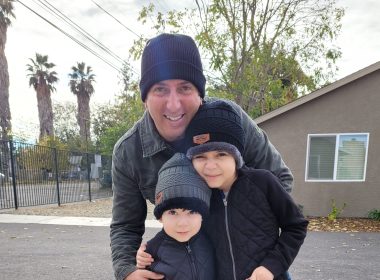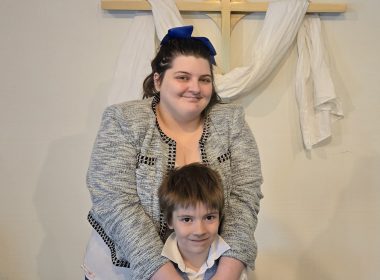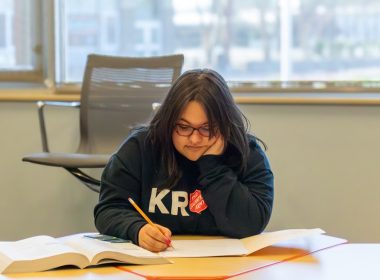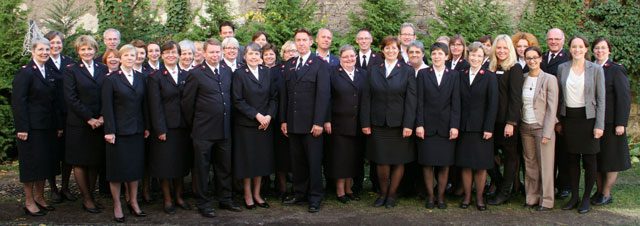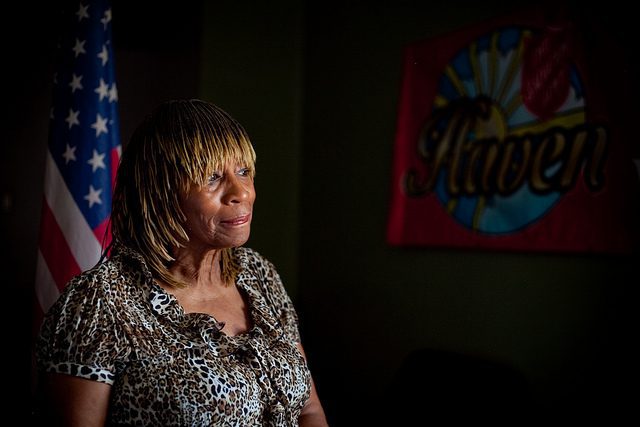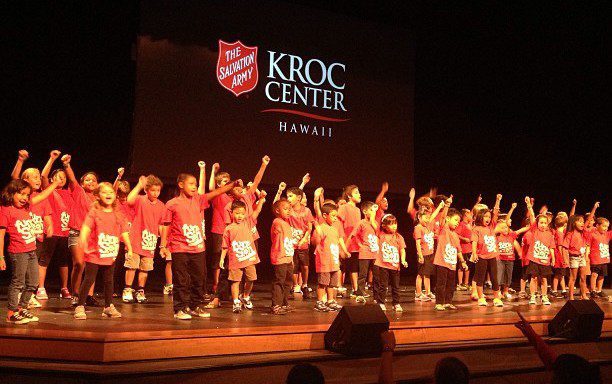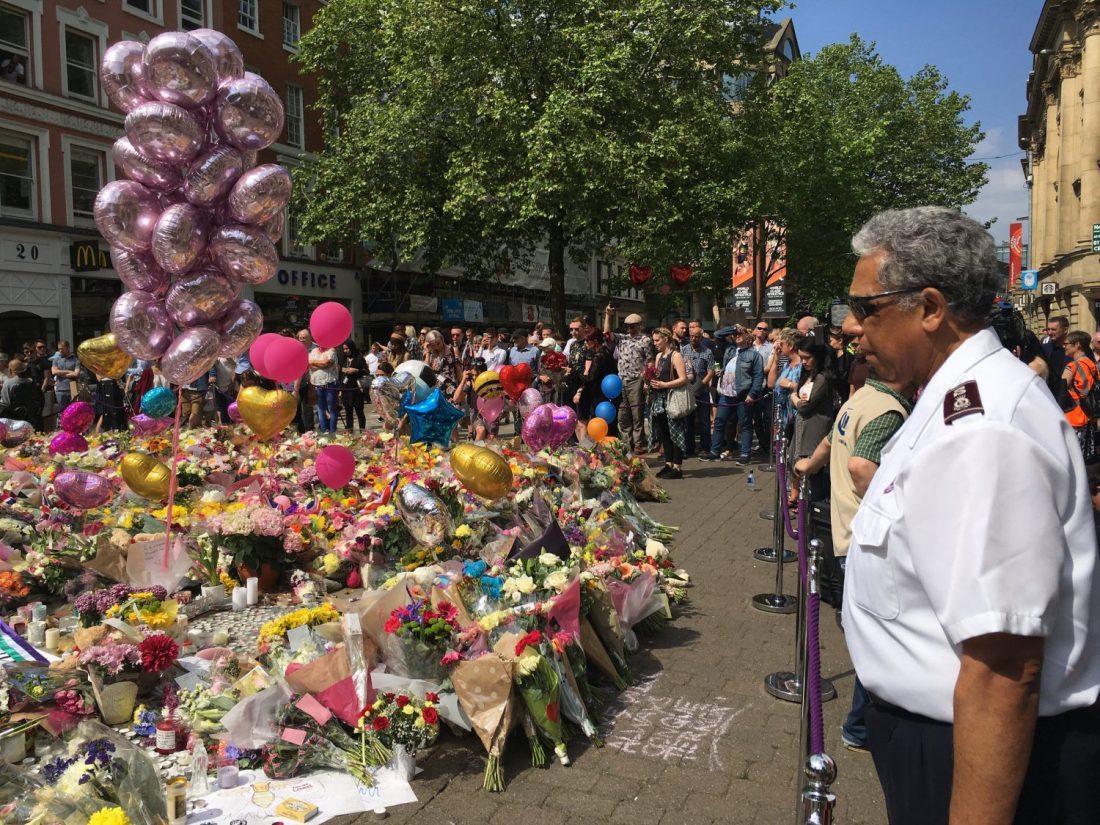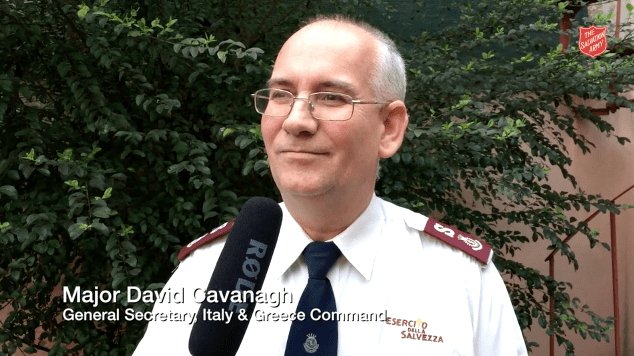By Jeroen Hoogteijling –
With a ministry in 126 nations, The Salvation Army plays an active role in source, transit and destination countries to fight modern day slavery and exploitation and to support victims.
The European Network of Leaders of Social Services (ENSS) set anti-human trafficking as its priority, and launched a European anti-human trafficking response in October 2013 in Budapest with the commissioning of 32 national contact persons.
Supported by territorial or national anti-human trafficking task forces, the contact persons are dedicated to the prevention of trafficking by education and awareness, protection of victims through outreach programs and safe houses, and reintegration of victims to their communities and families.
The network seeks to effectively respond to the needs of victims of trafficking through a united and coordinated approach—including corps, women’s ministries, social services, international development, and family tracing departments—across international borders. The contact persons work in direct communication with each other.
As one contact person, Christine Tursi from Switzerland, said, “Traffickers are good at networking; we must be better.”
This European anti-human trafficking network is involved with European Union lobby, initiates bilateral projects and requests European Union funding. It holds an annual meeting—scheduled this year in Moldova—to provide training and support within the network.
The Salvation Army knows that we cannot end trafficking on our own; we need to partner with other organizations. Above all we need to trust God to bless us with courage to speak out and guidance to open doors, reach victims and gain their trust.
________________________________
TRAFFICKING PERSONAL STORY
In Greece, national contact person makes and helps friends
By Maria Konti-Galinou, Captain –
Late one evening as I walked in the center of Athens, Greece, in one of the most difficult red light areas, I wondered where to start. In between the crowds, ladies from all around the world pushed around me and made their way to the bars, brothels, streets and hotels.
As I walked my eyes settled on a window in the basement of a block of apartments. From behind the window bars I saw a lady’s face looking out. I walked toward her, praying for instructions and protection but when I arrived the lady was gone. For the next few weeks, my eyes and my prayers were especially for the lady I had seen.
One night as I passed the window my heart started beating fast: there she was! I grabbed two coffees and a snack and sat on the steps next to her window. Without looking at her I gave her the coffee and a snack and I asked her in Greek and English not to leave and to trust me. I introduced myself, explaining The Salvation Army logo on my uniform.
As I talked to her I tried to spot the people who were no doubt guarding her and prayed that God would keep them away for a few minutes while we talked.
I didn’t stay for more than five minutes, but I promised her to return after midnight and asked if she needed any food or clothes. “Please just bring only yourself,” she said.
The woman—I’ll call her Helena—was 35 years old and came to Greece from the Balkan.
She told me about a place where ladies meet, how the system in the area works, who is who in the streets, how I needed to move, what I need to be careful of. Helena gave me the name of one lady, telling me her age, appearance and the country she was from and begged me to help without mentioning her name.
“It is too late for me but please find her a better life,” she said. “I give my place to her.”
That night I prayed with Helena, and told her that I am by her side and ready to help her as her friend. I told her that she was unique and no one can take her place. “Jesus took our place for our salvation,” I said.
I went to the place Helena told me about, talked to more than 15 ladies and eventually found her friend—I’ll call her Jane—in a police station cell.
Jane, 18, was from a small Nigerian village. Desperate to escape the conflict and abuse of her home, she trusted a group in her village to find a decent job for her in Europe.
In Greece, with little money and no papers she was an easy target for traffickers, who offered her help reaching Athens. They paid for her bus ticket and onboard she sat next to a lady from the Balkan. They became friends during the eight hour journey, and were locked in an apartment upon arriving in Athens.
One night they found an opportunity to escape but only Jane made it out to the street, running to hide herself in a nearby bar. Police later spotted her and jailed her for not having papers.
As I watched her behind the bars, I knew this was Helena’s friend.
In the next few months one of my first priorities was to visit both and try to help practically, mentally and spiritually. We secured legal help to prepare Jane’s papers and get her released.
Both Helena and Jane have now started.

